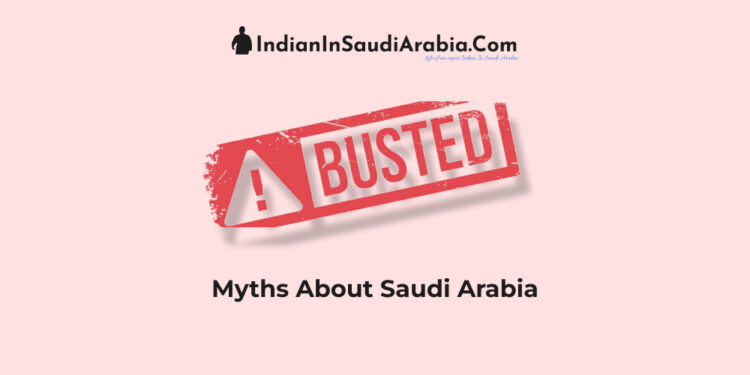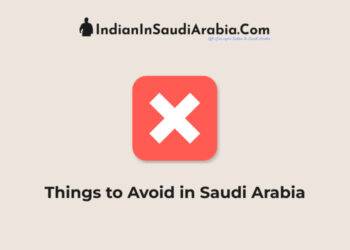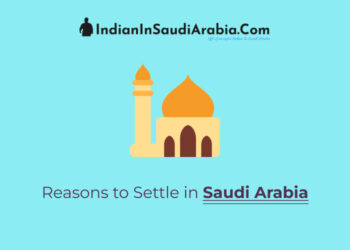It’s no secret that Saudi Arabia is a country with a lot of myths surrounding it. Some of these myths are false, while others have been perpetuated by the media or other people who haven’t had the chance to see the country for themselves. In this article, we have listed some of the most common myths about Saudi Arabia and debunked them for you.
Myth #1: Saudi Arabia is very harsh and unsafe for women
This myth has been perpetuated by those who haven’t had a chance to visit the country for themselves. Women are respected and honoured much more than in any other eastern or western countries in the world. In fact, Saudi Arabia is one of the safest countries on earth for women! It is ranked the safest country among the G20 countries—safer than the USA, the UK, France, China and Russia.
Myth #2: Saudi Rulers are cruel and oppressive
Contrary to what many people think, Saudi Rulers are very respected and loved in Saudi Arabia. The rulers have extensively worked on improving the lives of their citizens making it the 25th happiest nation in the world. Each Saudi Citizen is entitled to free healthcare, free education from kindergarten through graduate school (including paid scholarships abroad), and subsidized gas and water prices.
Myth #3: Saudi Arabia is a backward country. It is Old and Outdated.
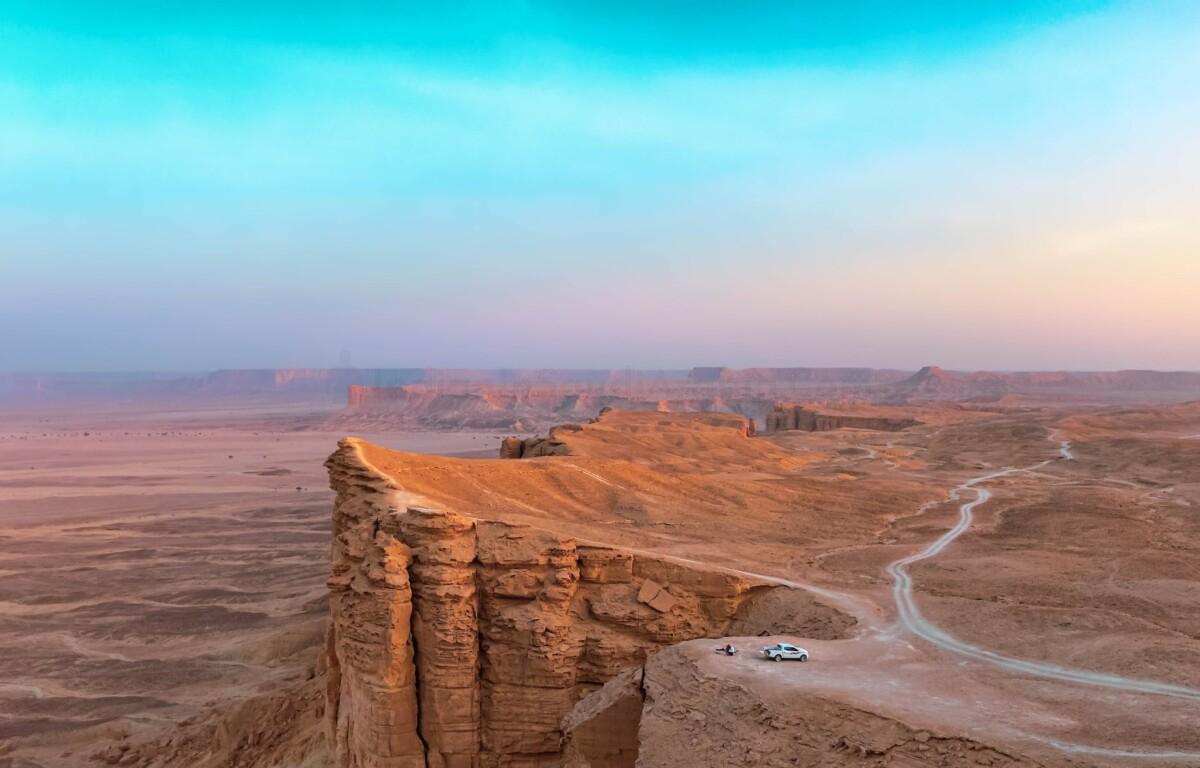
In fact, it is one of the most progressive and modern countries with a very high standard of living. Ever heard of NEOM Project? or the Red Sea Project? or the tallest building in the world being built in Jeddah?
Saudi Arabia’s Vision 2030 aims to transform the kingdom’s economy away from oil and implement human rights reforms.
In recent years it has seen a very fast-paced growth in the fields of technology with the advent of Mobile Apps Such as Tawakkalna and Absher.
Myth #4: Hindus, Christians and other Non-Muslims are treated badly in Saudi Arabia
This is not true. Ask any Non-Muslim who has lived in Saudi Arabia for his honest opinion on how he was treated in the Kingdom. Unlike India, where a person’s religion is often used as a tool of discrimination, Saudi Arabia is a diverse country and treats all its citizens and residents equally regardless of their religion or ethnic background.
Yes, you will not be allowed to eat or drink during Ramadaan days publicly. Yes, You will not be allowed to practice any other religion than Islam. And Yes you will not be allowed to Enter Makkah and Madinah.
But these are part of the rules of the country like every other country. As for treating Non-Muslims badly and religiously profiling them, it is almost non-existent in the Kingdom. They are treated with respect and honour.
Recommended: Best Websites for Learning Islam
Myth #5: Saudi Arabia is full of desert and sand. It is boring.
Saudi Arabia is the largest Arab country in the world. It has an estimated area of 2.15 million km², which corresponds to about one-third of continental Africa.
About 90% of Saudi Arabia’s Land is Desert. But the country is quite diverse in geography and climate (because of its large size). The Kingdom of Saudi Arabia has some of the most developed cities in the region, such as Riyadh, Al Khobar, Jeddah, Makkah and Madinah.
The southern region is green and mountainous.

The west coast offers white-sand beaches by the Red Sea.
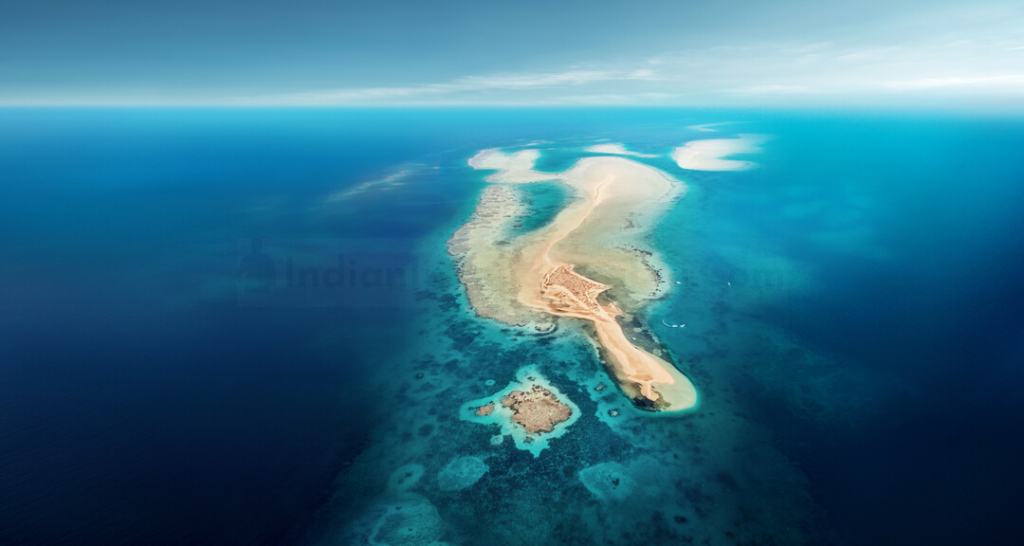
The northwestern region is full of valleys and mountains with unique formations. It’s freezing cold during winters.
Myth #6: Saudi Arabia’s Punishments are Harsh. Cutting off Hands, Beheading and the like.
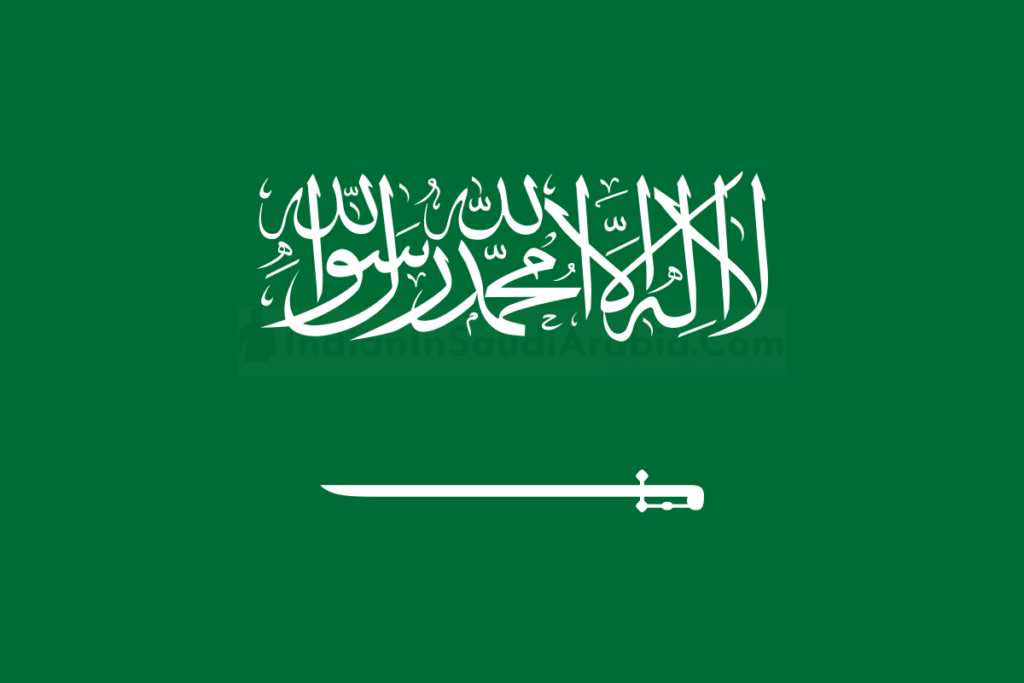
It is true that the Punishment for stealing in Saudi Arabia is cutting off the Hand of the thief. But it is also true that these punishments are very rare and are applied to extreme cases of theft. It is not the case that this punishment is applied in every case of theft.
The same is true for the Execution and beheading of criminals. These laws are based on Islamic Sharia Law. And these have very well proven to reduce the crime rate in the country.
It is for this reason Crime such as theft, burglary, rape and mass shooting are almost non-existent in Saudi Arabia
Recommended: Things to avoid in Saudi Arabia
Myth #7: The Scholars in Saudi Arabia receive money to not speak against the rulers
It is obligatory in Islam to obey the rulers due to the verse from the Qur’an
﴿يَا أَيُّهَا الَّذِينَ آمَنُوا أَطِيعُوا اللهَ وَأَطِيعُوا الرَّسُولَ وَأُولِي الأَمْرِ مِنْكُمْ﴾ [النساء: 59].
The meaning of the verse:
“O you who believe! Obey Allâh and obey the Messenger (Muhammad ﷺ ), and those of you (Muslims) who are in authority”
[An-Nissâ’ (The Women): 59].
Those who are in authority are the rulers and governors, according to the authentic hadiths reported in which the Prophet ﷺ orders to obey them in good and in what brings benefit to the Muslims. [Tafsîr At-Tabari (5/150)]
Among the requisites of their obedience is the fact that we should not humiliate the rulers, insult or curse them or expose their faults, whether in books or when giving lessons and sermons, or reveal their errors to the common people.
We Should instead focus on Supplicating for the rulers. The true Scholars of Islam are well aware of this and unlike the deviant extremists claim, Scholars of Saudi Arabia do advise the rulers. They do so in private so that the respect and honour of the ruler are preserved.
Myth #8: All Saudis are Rich
All Saudis are not rich. Families with high, average, and low incomes exist. However, thanks to Saudi Arabia’s robust social welfare system, which ensures that every Saudi has access to the following:
– All Saudi citizens have access to free medical treatment, including complex operations.
– Free education from kindergarten to graduate school
– Low-income Saudis are given loans with no interest to start small enterprises and projects, get married, or purchase their first automobile.
– Only 15% VAT and no income tax.
– A monthly allowance is given to low- and middle-income families to cover the cost of gas and water.
As a result, you do not see homeless Saudis on the streets!
Read more: Why should you settle in Saudi Arabia?


